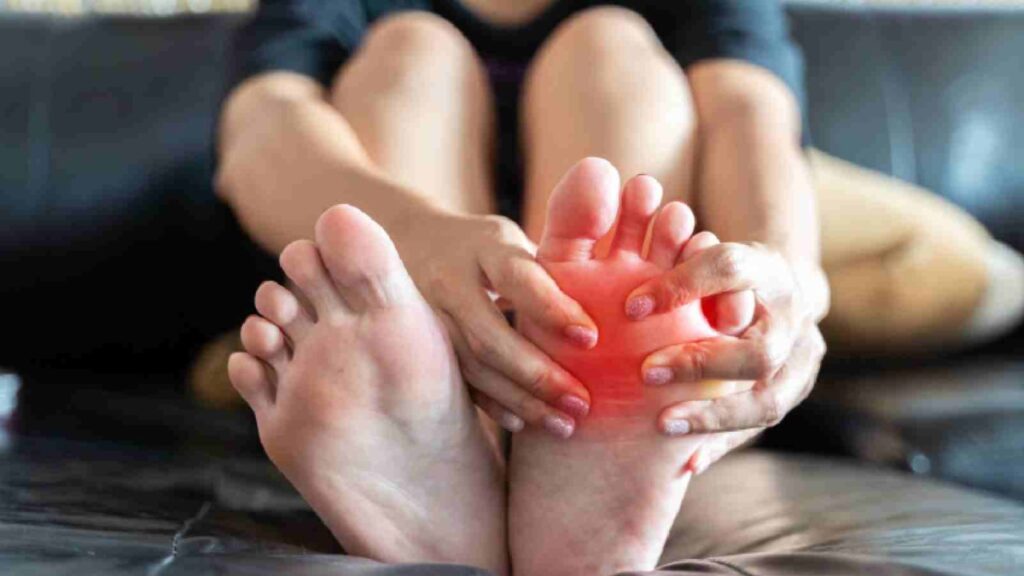Where does uric acid accumulate?
Increased uric acid in the body weakens bones and this problem gives rise to joint disease. Those who consume meat, fish and eggs etc. should be kept in the uric acid level check of their body. Because if it increases continuously, it can go out of control. But, before you know this, you should know where uric acid accumulates in the body. Which organ filters it and when you should be alert. So, let us tell you the answers to all these questions related to uric acid.
Where does uric acid accumulate in the body?
Uric acid is found like a waste product in the blood. Most uric acid dissolves in the blood. It passes through all the organs and passes out of the body through urination. However, when the body is unable to filter it, its level increases in the blood and it starts accumulating between the kidneys and bones in the form of crystals.
Which organ filters uric acid?
Uric acid dissolves in the blood and reaches the kidney. Then it gets out of the body through your urine. That is, the kidney filters uric acid and removes the body through the urine. And when the kidney does not function properly, uric acid levels may increase in the blood.
Which level of uric acid is dangerous?
The level of uric acid varies from women and men. There is 3.4–7.0 mg/dl for men and 2.4-6.0 mg/dl for women. However, anxiety increases when the level of uric acid goes beyond 7mg/DL. It can form a needle -shaped crystal, which causes inflammation and record, by going into your joints. So, keep getting your uric acid level checked.
Disclaimer: (Tips suggested in this article are only for common information. Start any kind of fitness program or make any kind of change in your diet or consult your doctor before making any measures related to any disease. India TV does not confirm the authenticity of any kind of claim.)
Latest health news
